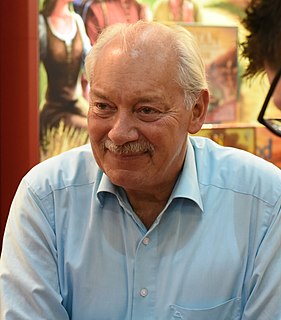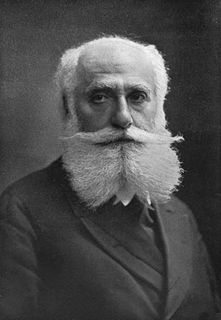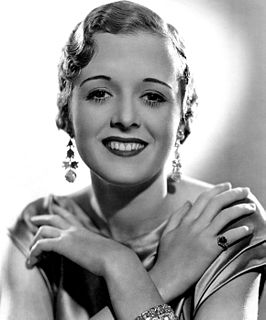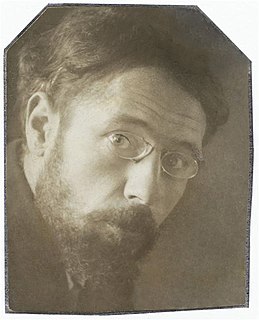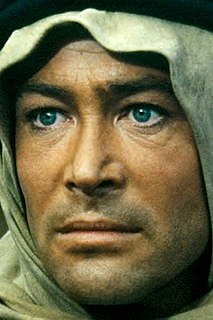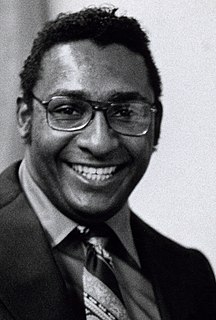A Quote by Steven Pressfield
A writer writes with his genius; an artist paints with hers; everyone who creates operates from this sacramental center.
Related Quotes
When a sculptor creates a sculpture, a writer writes a novel, or a painter paints a motif on a canvas, he needs talent and expertise. But to be successful in his endeavor, he also needs to have the passionate feeling that he wants, at all costs, to create a work of art which, in his head, constantly demands to be accomplished. The same also applies to developing board games or card games.
[Raymond Roussel] said that after his first book he expected that the next morning there would be a kind of aura around his person and that everyone in the street would be able to see that he had written a book. This is the obscure desire harboured by everyone who writes. It is true that the first text one writes is neither written for others, nor because one is what one is: one writes to become other than what one is. One tries to modify one's way of being through the act of writing.
The book, the college, the school of art, the institution of any kind, stop with some past utterance of genius. . . . They look backward and not forward. But genius looks forward: the eyes of man are set in his forehead, not in his hindhead: man hopes: genius creates. Whatever talents may be, if the man create not, the pure efflux of the Deity is not his; - cinders and smoke there may be, but not yet flame.
It has always been my belief that the true artist, like the true scientist, is a researcher using materials and techniques to dig into the truth and meaning of the world in which he himself lives; and what he creates, or better perhaps, brings back, are the objective results of his explorations. The measure of his talent--of his genius, if you will--is the richness he finds in such a life's voyage of discovery and the effectiveness with which he is able to embody it through his chosen medium.

